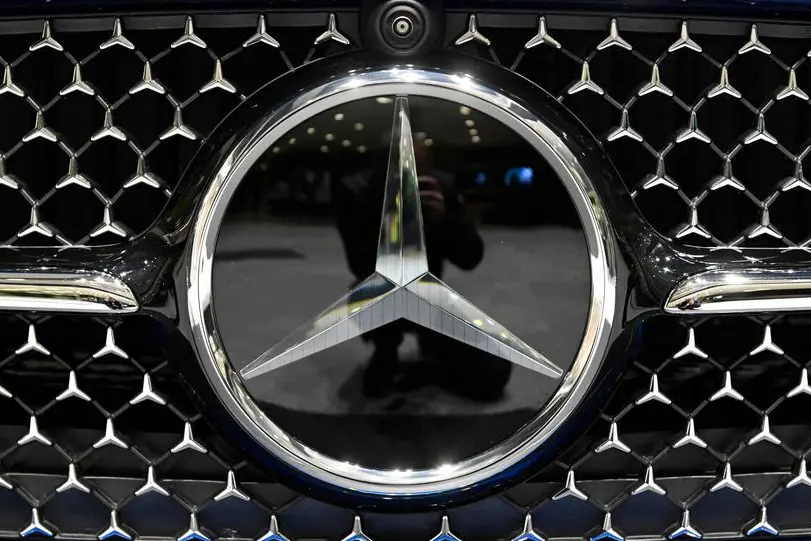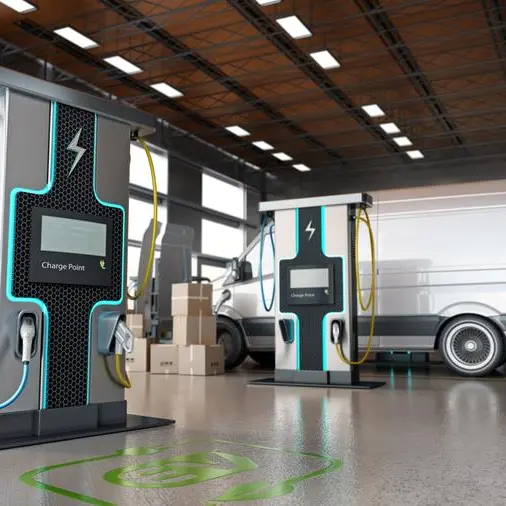PHOTO
German luxury automaker Mercedes-Benz Thursday said net profits dipped in 2023 on the back of flat car sales, high inflation and supply chain woes, with little improvement seen in 2024.
The group reported that 2023 net profit fell 1.9 percent to 14.5 billion euros ($15.7 billion).
Revenue rose 2 percent to 153.2 billion euros but unit volumes were flat with 2,044,100 vehicles sold in 2023.
"Tailwinds from net pricing, lower raw material prices and improved manufacturing costs were outweighed by higher inflation charges and supply-chain related costs," Mercedes said in a statement.
While supply chain problems that began during the coronavirus pandemic have largely eased, manufacturers still face occasional problems that slow production.
Deliveries to China fell by two percent in 2023, as Mercedes and other European carmakers face increasing competition in the world's largest car market from local companies and US electric car pioneer Tesla.
There was good news however in the electric car segment, with Mercedes saying sales of battery-powered electric vehicles (BEVs) rose by 61 percent year-on-year, though they are more costly to manufacture than traditional engines.
BEVs now account for 12 percent of its overall car sales, Mercedes said.
Looking ahead, the group expects revenues to remain at the same level in 2024.
Earnings before interest and tax are forecast to be "slightly below" last year's level of 19.7 billion euros.
"The economic situation and automotive markets continue to be characterised by an exceptional degree of uncertainty," Mercedes said.
"Unexpected developments may arise in particular from geopolitical events and trade policy," it said, citing the conflicts in Ukraine and Middle East as well as tensions between China and the United States.
Further supply chain disruptions "remain a significant risk factor", it added.





















